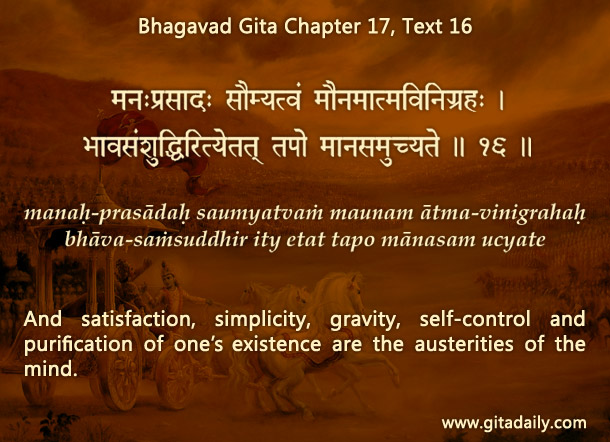During our life, whenever we receive something special — for example, getting an unexpected job promotion or winning the lottery — we feel overjoyed. And if we are somewhat spiritually inclined, we also feel grateful.
Such gratitude is desirable and laudable because if we give it a little thought, we will recognize that we did not attain this windfall solely through our own efforts. Even if we did make some effort, fortune smiled upon us by arranging for much that was beyond us. Preserving this realization is vital for our well-being — specifically, in terms of our emotional wellness, which stems from positive emotions such as gratitude.
Good as such gratitude is, it alone is not enough for our emotional wellness because strokes of extraordinary good fortune are just that: extraordinary. They happen only occasionally, if at all. If we are to have regular emotional wellness, we need to cultivate gratitude on a much more regular basis. To that end, we need to be appreciative and thankful every day for the ordinary things in life. These include driving through traffic without an accident, not experiencing severe pain, and simply getting to breathe air — all of which enable our existence and functioning.
Thus, we can recognize how even in the ordinary, there is reason to be grateful. Unfortunately, such insight is rare for we usually don’t think much beyond our efforts and our attainments. And even if we get the intellectual insight, that doesn’t automatically translate into emotional appreciation for life’s ordinary gifts, which is even more exceptional.
The Bhagavad-gita (15.12-15) helps us see that the divine is at work maintaining us in our daily existence — and the more we cultivate remembrance of the divine, the more we can experience gratitude for every small blessing in life, what then to speak of life’s bigger blessings. This indeed is the path to contentment, which the Gita recommends as the first discipline of the mind (17.16).
Summary:
Gratitude for the extraordinary is ordinary, while gratitude for the ordinary is extraordinary.
Think it over:
- When do we normally feel grateful?
- Why are even life’s ordinary things worth feeling grateful for?
- Why is gratitude for ordinary things extraordinary?
***
Audio explanation of article is here:
17.16: And satisfaction, simplicity, gravity, self-control and purification of one’s existence are the austerities of the mind.
To know more about this verse, please click on the image


Leave A Comment